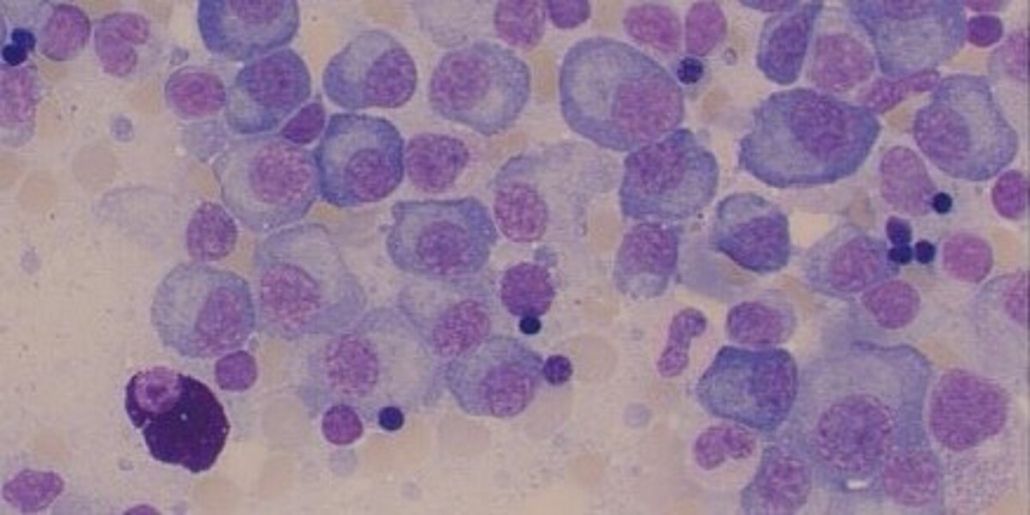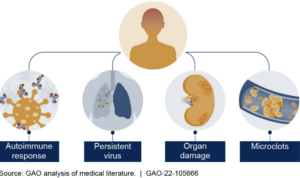
New targets for incurable blood cancer
A research consortium led by Charité in Berlin has found a protein pattern in 100 patients with the common blood cancer multiple myeloma and 38 healthy controls that independently identifies a poor prognosis and provides new targets for treating the incurable disease.
Scientists led by haematologist Jan Krönke and protemics specialist Philipp Mertins have studied mutations and post-transcriptional changes in tumour cells in detail in a group of more than 100 multiple myeloma patients and 38 healthy controls. Their multi-omics analysis, including quantitative global (phospho)proteomics based on deep tandem mass tags, RNA sequencing and nanopore DNA sequencing of 138 primary patient-derived plasma cell malignancies, included patients with treatment-naïve multiple myeloma, plasma cell leukaemia and premalignant monoclonal gammopathy of undetermined significance, as well as healthy controls.
‘We discovered that the (phospho)proteome of malignant plasma cells is highly deregulated compared to healthy plasma cells and is determined by both chromosomal changes and post-transcriptional regulation,’ says Krönke. A prognostic protein signature was identified that is associated with aggressive disease in multiple myeloma, independent of established risk factors. By integrating functional genetics and single-cell RNA sequencing, general and genetic subtype-specific deregulated proteins and signalling pathways in malignant plasma cells were uncovered that represent potential targets for (immune) therapies.
The newly identified proteins and signalling pathways could form the basis for more effective and tolerable therapies, such as CAR-T cell therapies. The scientists make their data available via an interactive, freely available online tool that makes the complex data set of their analyses manageable. Other research groups would thus have easy access to the results and could use the information for the development of new therapies and tests to guide therapy. The first real-world study to analyse multiple myeloma was recently launched in Germany. The European Medicines Agency is facing problems in the multiple myeloma space because leading scientist had a conflict of interest hold back promising candidates from the market.


 adobe stock photos - deemerwha
adobe stock photos - deemerwha